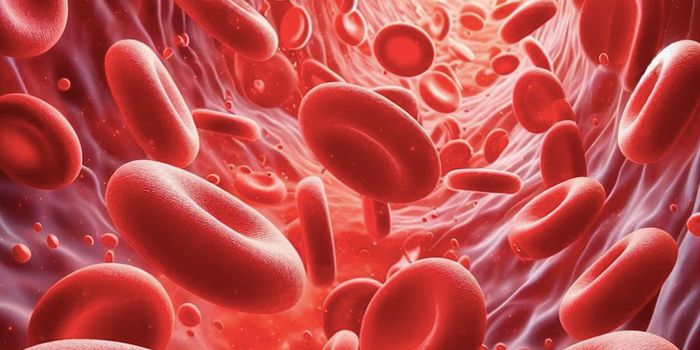There's More to the Y Chromosome Than We Knew
While humans beings carry mostly the same genes on their two copies of 23 chromosomes, the sex chromosomes are a bit different. Females carry two X chromosomes, one of which is inactivated or silenced early on in development, while the other stays on, expressing genes. In men, there is one X chromosome, and the genes it carries are expressed, as well as the Y chromosome, which is much smaller than the X chromosome and mostly carries genes involved in male sex determination. There are some genes that are present on both the X and Y, and researchers are still learning more about the function of all the genes on the sex chromosomes.
Scientists are now shedding new light on the Y chromosome, and have suggested that it’s more important than we have appreciated. This work may also help explain why some diseases present differently in men and women, including COVID-19. The work has been published in Scientific Reports.
"Our discovery provides a better understanding of how male genes on the Y chromosome allow male cells to function differently from female cells," said the lead study author, Université de Montréal professor Christian Deschepper, director of the Experimental Cardiovascular Biology research unit of the Montreal Clinical Research Institute and an associate professor at McGill University. "In the future, these results could help to shed some light on why some diseases occur differently in men and women."
The Y chromosome carries genes that are only expressed in men, and while nearly every cell in the body carries the chromosome, its effects have been assessed primarily in cells of the male sex organs.
In this work, the researchers deactivated two genes on the Y chromosome, which changed several biochemical pathways that have functions outside of the sex organs; non-sex organ cells were impacted by this deactivation. Removing those genes had a downstream impact on “hundreds of mRNA transcripts” according to the study, including the processing and translating of RNA.
These male genes may be having a significant impact on the regulation of gene expression not at the genome level, but instead though RNA and proteins, the researchers suggested.
The study shows that we have more to learn about the Y chromosome, how it affects other genes, and its relationship to disease.
Sources: AAAS/Eurekalert! via University of Montreal, Scientific Reports









